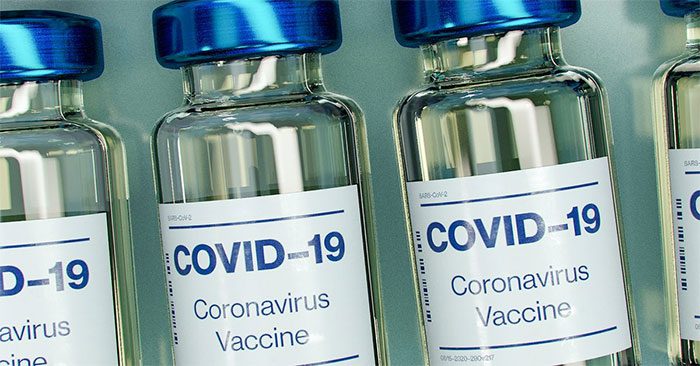The newly formulated vaccine using mRNA technology promises to create a groundbreaking revolution.
According to Medical News, experts at Mahidol University in Bangkok, Thailand, have developed a new biological vaccine that enhances the ability to combat nCoV.

Experiments on mice showed a superior response of VLIP compared to the original S-2P vaccine.
The research conducted by the team of experts in Thailand used laboratory mice and discovered the strong neutralizing antibody potential of circular RNA (a polymer molecule with coding roles). The study has been published on bioRxiv and is awaiting peer review.
The spike protein is the main biological characteristic of nCoV, used as a component of the new vaccine. This type of protein has the ability to elicit a good and strong immune response.
SARS-CoV-2 has developed many different variants to evade mRNA vaccines. However, these researchers have created antibodies that can combine with mRNA vaccines, thereby neutralizing new variants.
The protein they developed is VLIP, which enhances thermal stability while maintaining the movements of the receptor-binding domain (RBD). Experiments on mice showed a superior response of VLIP compared to the original S-2P vaccine. This helps generate a broader immune response.
The Covid-19 mRNA vaccine is created based on linear mRNA molecules. These molecules are inherently unstable, but due to the influence of covalent structures, they become more stable. The circularization of RNA also protects these molecules from degradation by enzymes and allows proteins to last longer.
The mutated protein VFLIP-X contains 6 replaceable amino acids that can combine within the biological circular platform. Subsequently, they found that the VFLIP-X mutation could withstand nCoV.
They also determined whether VFLIP-X has the ability to generate antibodies against several variants of Covid-19. Results showed that VFLIP-X works effectively when exposed to Omicron (B.1.1.529) – which is currently the most prevalent strain.
This research has demonstrated the potential of the VFLIP-X biological vaccine in generating antibodies against the virus within 7 weeks after receiving a booster dose. It also elicits favorable immune responses for cells.
These results are very promising and are considered to pave the way for the next generation of vaccine trials with higher efficacy.



















































